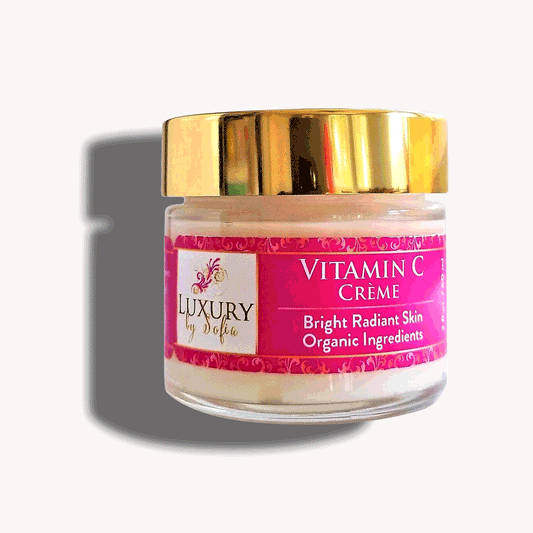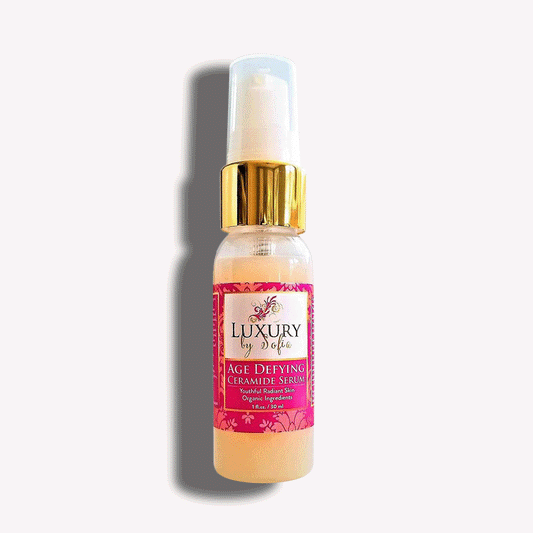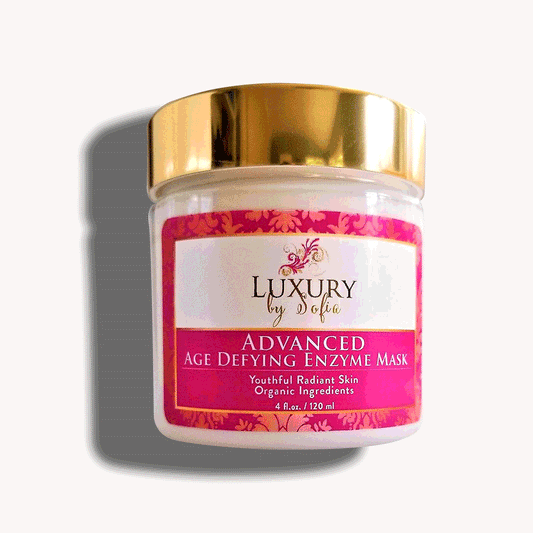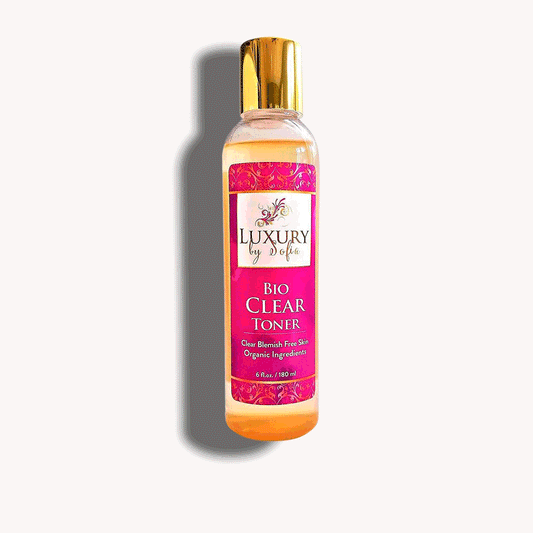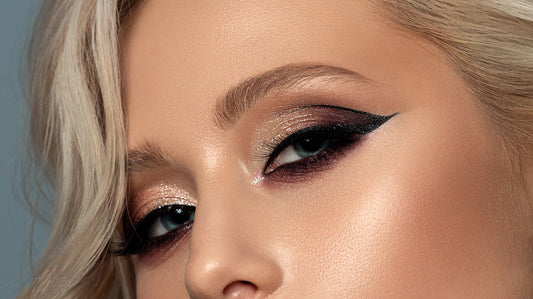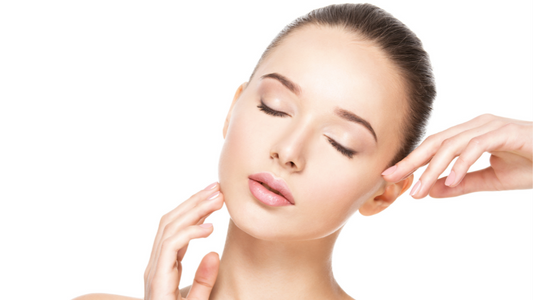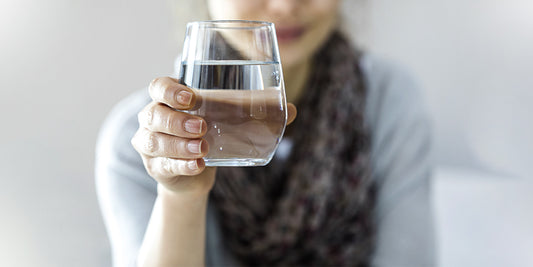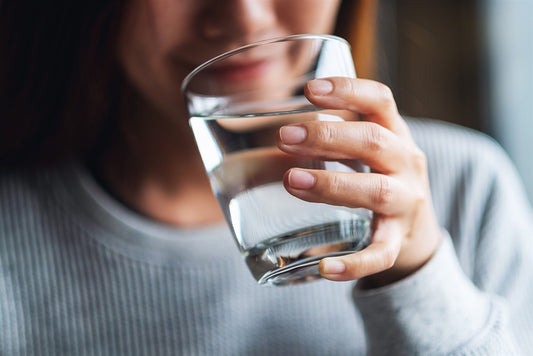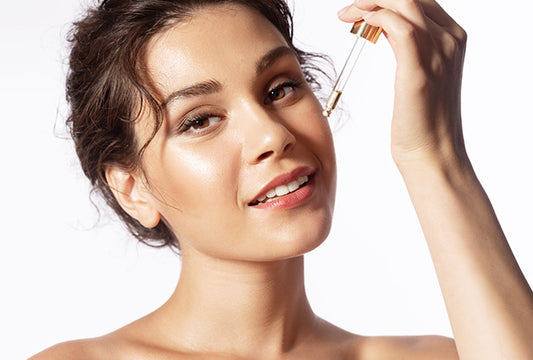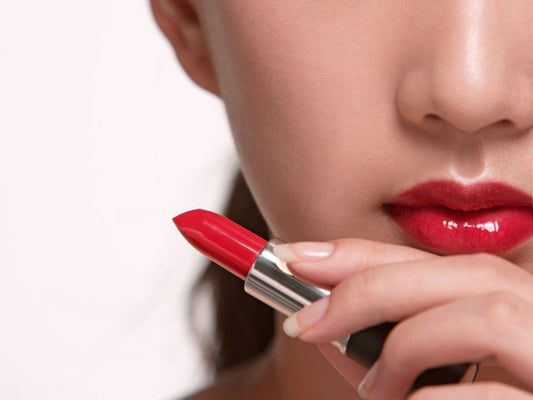When it comes to skincare, there are many misconceptions, particularly when it comes to moisturizing oily and acne-prone skin. Many individuals with these skin types tend to avoid moisturizers altogether, fearing they will exacerbate their skin issues. However, moisturizing is a crucial step in any skincare routine, even for those with oily or acne-prone skin. In this blog post, we will address some common misconceptions about moisturizing and provide insights into how to properly moisturize these skin types.

Myth #1: Moisturizers Cause Acne And Make Oily Skin Worse
One of the most prevalent misconceptions is that moisturizers clog pores and lead to breakouts. While itis true that certain heavy or greasy moisturizers can potentially exacerbate acne, not all moisturizers are created equal. Look for lightweight, non-comedogenic moisturizers specifically formulated for oily and acne-prone skin. These moisturizers are designed to hydrate without clogging pores, helping to maintain the moisture balance of the skin.
Myth #2: Oily Skin Doesn't Need Moisturizing
Another common misconception is that oily skin produces enough natural oils, so additional moisturization is unnecessary. However, oily skin still needs hydration. When the skin is dehydrated, it can overcompensate by producing even more sebum, leading to oily skin and potential breakouts. By using a lightweight, oil-free moisturizer, you can ensure that your skin stays adequately hydrated without stimulating excess oil production.
Myth #3: Skip Moisturizer If You Have Acne
Many people believe that skipping moisturizer will help dry out acne and reduce breakouts. However, this approach can actually do more harm than good. Acne treatments, such as topical medications or cleansers, can strip the skin of its natural oils, leaving it dry and irritated. This dryness can disrupt the skin barrier, leading to more inflammation and potential breakouts. Applying a moisturizer after acne treatments can help soothe and restore the skin, preventing excessive dryness and maintaining its integrity.
Try Now: Our Organic Acne Skin Relief Products
Tips For Moisturizing Oily And Acne-Prone Skin
Now that we have debunked some of the misconceptions, here are some tips for effectively moisturizing oily and acne-prone skin:
- Choose the right moisturizer: Look for lightweight, oil-free, and non-comedogenic moisturizers. Avoid heavy creams or oil-based products that may clog pores.
- Hydrate without greasiness: Opt for gel-based or water-based moisturizers that provide hydration without leaving a greasy residue on the skin.
- Don't skip sunscreen: Incorporate a non-comedogenic sunscreen into your skincare routine, as protecting your skin from harmful UV rays is crucial, regardless of skin type.
- Stay consistent: Consistency is key when it comes to skincare. Make moisturizing a part of your daily routine, both in the morning and evening.
- Seek professional advice: If you're uncertain about which moisturizer or skincare products to use, consult with a dermatologist who can provide personalized recommendations based on your specific skin concerns.
Conclusion
Moisturizing is essential for all skin types, including oily and acne-prone skin. By dispelling these common misconceptions and following the tips provided, you can effectively moisturize your skin while maintaining its health and balance. Remember, healthy, well-hydrated skin is more likely to be resistant to breakouts and inflammation.

